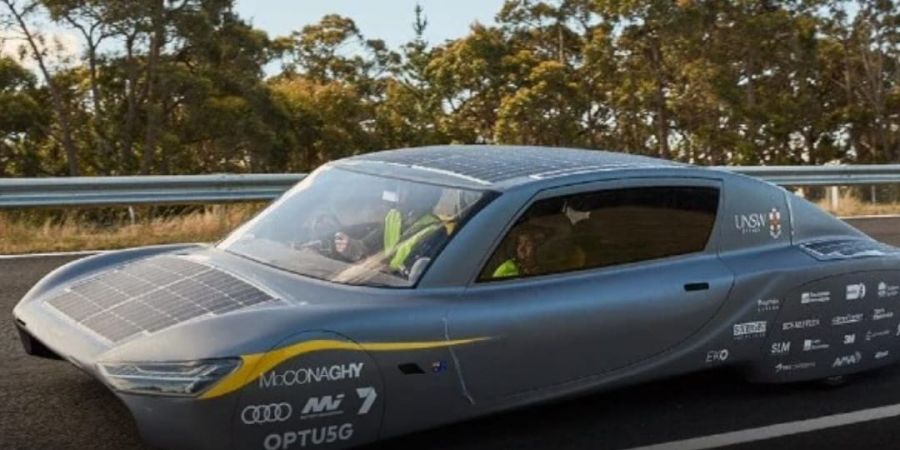

The world's quickest solar-powered EV was created by a bunch of college students, not a well-known manufacturer or an innovative start-up.
According to New Atlas, the University of New South Wales Sydney (UNSW) engineering students' solar-powered race car, Sunswift 7, recently broke a record by being the first solar electric vehicle to travel 1,000 km (621 miles) in less than 12 hours. Additionally, it is not merely an unofficial mark. Guinness World Records recognised it as a record.
The Australian Automotive Research Center in Wensleydale, Victoria is where the student-produced automobile accomplished the accomplishment. After circumnavigating the facility's test track 240 times in just over 11 hours and 52 minutes, the Sunswift 7 established the new record. The automobile covered that distance at an average speed of 52.8 mph. After reviewing and confirming timing and telemetry data, Guinness awarded the car the title of "Fastest EV over 1000km on a Single Charge" a few days later.
Aerodynamics and efficiency played major roles in the Sunswift 7's record-breaking performance. The vehicle, which took two years to construct, has a drag coefficient that is even lower than the Mercedes-Benz EQXX concept car at 0.095. (0.17). It is also highly energy-efficient, using only 3.8 kWh per 100 km (about 62 miles). The majority of EVs now on the road use 15 to 20 kWh of energy for the same trip.
Richard Hopkins, the professor of practise who oversees the Sunswift team, is incredibly happy of what the students have accomplished, even just to get the car onto the track.
The manager of the Sunswift Racing team, Andrea Holden, stated in a statement: "It feels quite strange to believe that we've contributed to making something that's the finest in the entire globe. "Two years ago, when we first began to construct this car, everything was under lockdown, and there were many challenging times. But seeing the entire team come together, make so much progress, and bring us to this incredible position has been incredibly fulfilling. Even though it took a lot of effort, worry, and time, it was all worthwhile.
Although the Sunswift 7's performance is outstanding, this shouldn't be a total shock. According to the institution, students at UNSW have been working on solar-powered vehicles since 1996. The Bridgestone World Solar Challenge, a 1,864-mile race through the Australian outback, will provide it the opportunity to demonstrate that its most recent design is unquestionably its most capable one to date.
